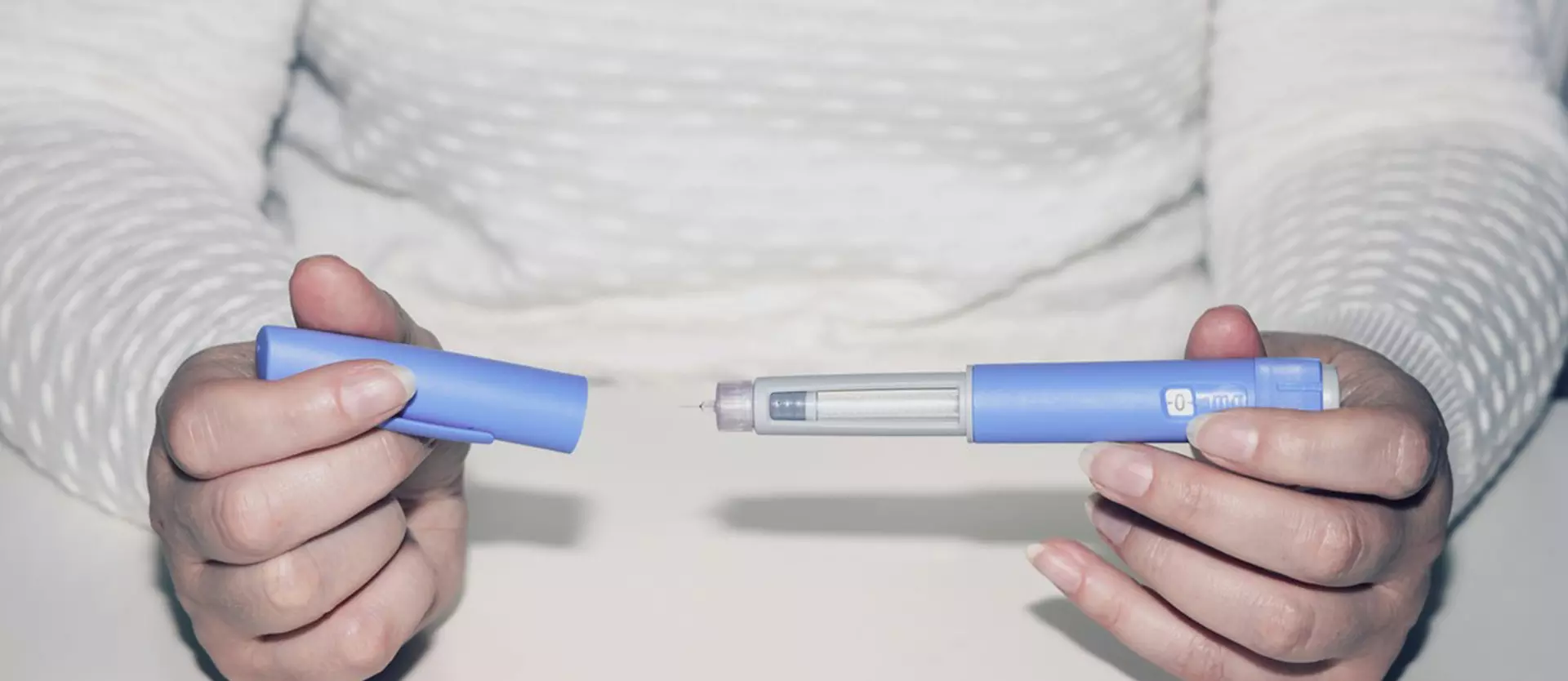Plenty of people reach a stage in their lives where they’d like to lose a few pounds. Some need to lose more, and for others, a few tweaks to their diet may not be enough to get them the results they’d like to see.
There are medications that may help people lose weight, including Ozempic and Mounjaro. As with all types of medication, there are potential side effects that have been noted in testing and among those taking these drugs.
But Could Those Side Effects Include Hair Loss?
We decided to check out the topic further to see what we could find out. Ideally, all weight loss medications should be managed by your healthcare provider, so you can talk through any potential side effects that you may experience. It’s also important to do your own research.
Does Ozempic Cause Hair Loss?
When you search online for Ozempic and hair loss, it doesn’t take long to find some results about this very topic. Some people taking the medication are reporting they’re experiencing hair loss, more specifically telogen effluvium. This is a condition where the individual experiences diffuse hair loss, occurring across the scalp. It means they’ll shed more hair than usual. The good news is that telogen effluvium does usually resolve itself within around six months.
But does Ozempic cause hair loss?
A clinical trial indicated that 3% of participants on Ozempic did experience hair loss. This compared to just 1% on a placebo drug.
This seems concerning, but we should also note that anyone taking Ozempic will experience a drop in appetite. Food has a role to play in keeping us healthy and if we go on a diet and reduce our food intake, our hair reacts to that. It’s not unusual to lose more hair than usual simply through eating less or switching the foods you eat. So, it’s unclear at present whether Ozempic is causing the hair loss or whether the change in diet Ozempic leads to is causing it.
Does Mounjaro Cause Hair Loss?
Mounjaro slows the digestive process, so you keep that feeling of fullness for longer whenever you eat. This helps you reduce your food intake and over time you should lose weight.
As with Ozempic, there is no firm evidence to suggest that hair loss is a proven side effect. However, if you research the topic online, you’ll once again discover plenty of stories and anecdotes about people shedding hair when taking Mounjaro.
The story is much the same. People shed hair in a diffuse manner, finding they’ve got more hair on their pillow first thing in the morning. They may lose more than usual if they wash their hair or simply run their fingers through it.
But as you can guess, we again have the situation where these individuals have suddenly changed their diets. They’re eating less since they cannot maintain their appetite or original eating habits once they begin taking Mounjaro.
Many people who have gone on a diet have noticed hair loss as a side effect – even when not taking any medication to help them shed weight. Any shock to the system can result in losing more hair than usual.
Is There Anything You Can Do to Stop Hair Loss?
As we mentioned earlier, losing hair like this is temporary, even if you stick with your new approach to eating. Once the body gets over the shock of the change, things should revert to normal. Moreover, you may not experience any hair loss at all. The Ozempic study revealed 3% of people shed hair when on the drug, so it by no means affects everyone, even if it is eventually proven there is a link to the drug. Since we know excess hair shedding is connected to a change in diet, however, we suspect it is more likely the connection is via the weight loss and change in food intake rather than the drug causing that.
It’s best to discuss any possible side effects with your healthcare provider prior to taking these drugs. A hair loss professional can also provide advice on how to minimize or manage any hair loss you might experience. Hopefully, you won’t need to go through any hair loss at all.






